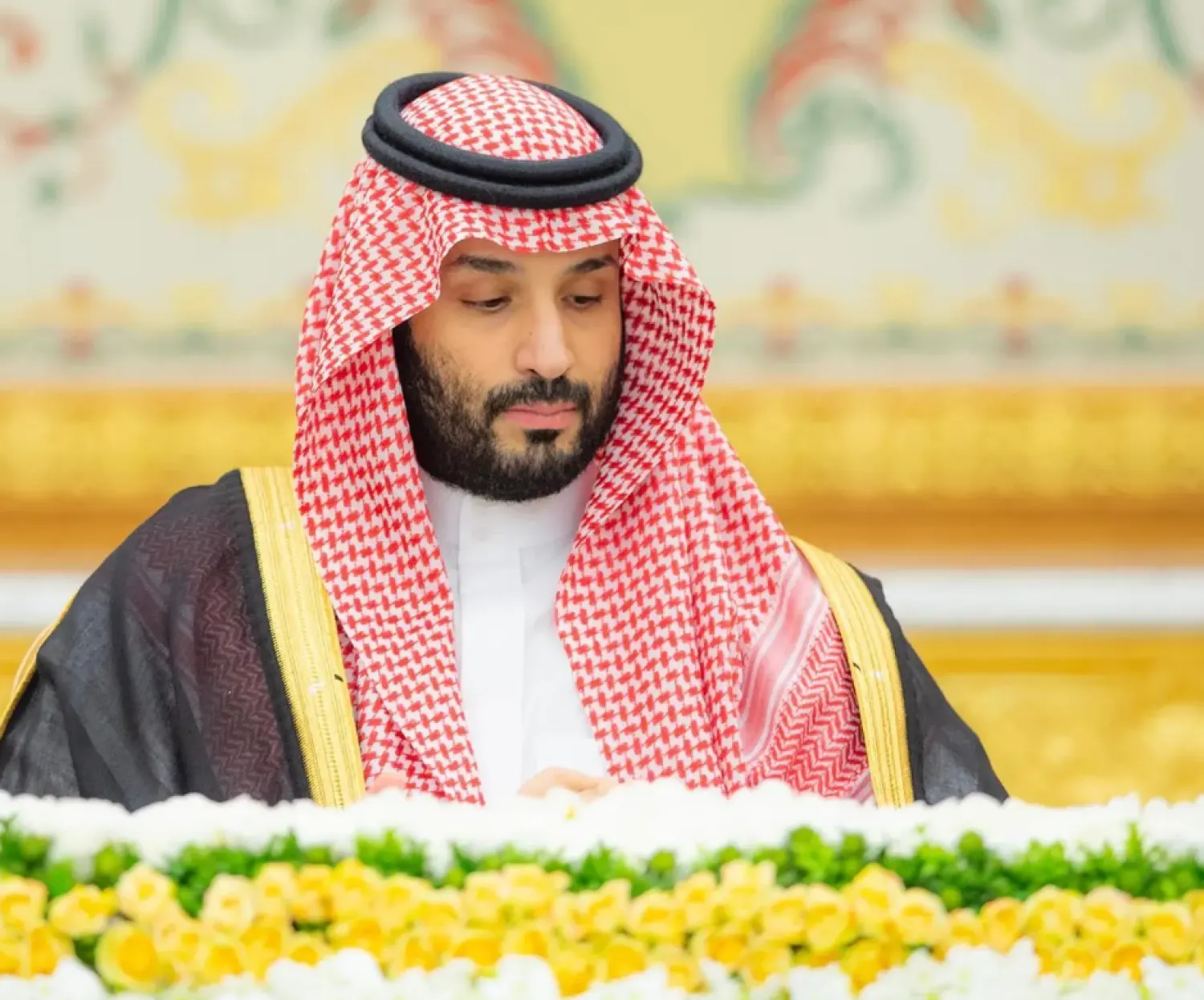Prince Mohammed bin Salman, Saudi Crown Prince and Prime Minister, offered reassurances about the health of Custodian of the Two Holy Mosques King Salman bin Abdulaziz as he chaired a cabinet meeting on Tuesday, reported the Saudi Press Agency.
The royal court said on Sunday King Salman would undergo medical tests for a lung inflammation.
"The Crown Prince reassures everyone of the health of the Custodian of the Two Holy Mosques ... praying to God Almighty to bless him with a speedy recovery and to grant him good and sound health," SPA said on X.
During the cabinet meeting in Riyadh, Crown Prince Mohammed briefed the ministers on the message sent by King Salman to Mexico’s President Claudia Sheinbaum. The message covered bilateral relations between their countries and means to bolster them in various fields.
Minister of Media Salman bin Yousef Al-Dossary said the cabinet highlighted King Salman’s patronage of the 4th Global Cybersecurity Forum and Crown Prince Mohammed's welcoming speech, which embodied the Kingdom's interest in consolidating joint international action for efforts that serve development and prosperity for all countries of the world.
The cabinet hailed the strategic objectives of the Crown Prince's two global initiatives, which aim to protect children in cyberspace and empower women in cybersecurity. These initiatives fall within the Kingdom's importance of investing in people in all fields, including this vital sector, which is essential for the growth of economies, the development of societies, and the security and stability of countries.
The cabinet discussed the latest regional and international developments, reiterating the statement by the Gulf Cooperation Council (GCC) extraordinary ministerial meeting which supported the Palestinian and Lebanese peoples against the Israeli assault.
The statement urged the international community to fulfill its responsibilities in maintaining security and stability in the region and implementing resolutions of international legitimacy.
The cabinet welcomed the outcomes of the ministerial meeting of the Global Coalition to Defeat ISIS, hoping for continued coordination among international partners to eradicate the organization and other terrorist groups. The cabinet reiterated the Kingdom's stance against extremism and terrorism and its commitment to preventing their financing in all forms.
Furthermore, the ministers underlined the Kingdom's contributions to developing effective policies and solutions to global economic challenges. They emphasized the importance of investing in the sustainability of the multilateral trading system to support economic growth and human development and mitigate economic risks.
The cabinet reiterated the Kingdom's position during its participation in the G20 meetings. The Kingdom stressed the need to balance economic growth, energy security, and efforts to combat climate change.
It underlined its ambition to lead in the use of circular carbon economy technologies and become a global leader in producing and exporting clean energy.
Moreover, the cabinet deemed the Kingdom's winning bid to host the 2026 International Association of Prosecutors Conference as a confirmation of the Kingdom's influential global position and significant role in promoting justice and establishing international judicial communication.









